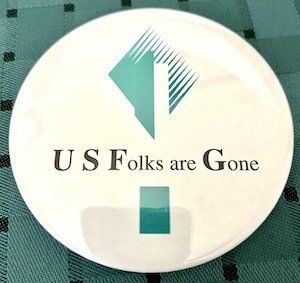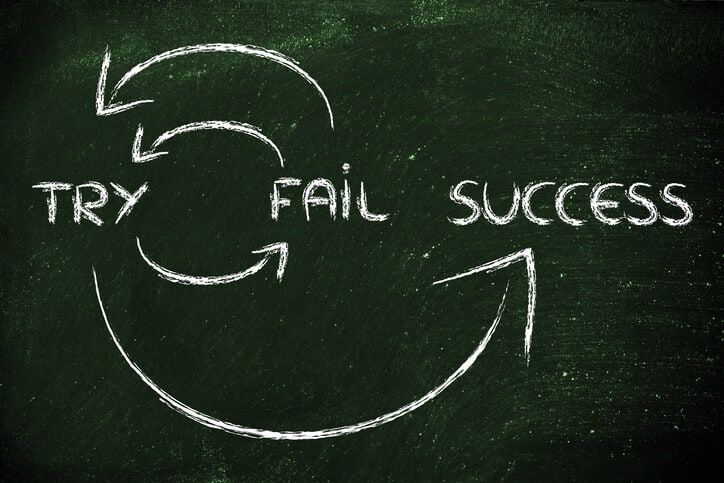Time to Get it and Be a Phenomenal Leader Now!
Using Two-Sided Self-Awareness and Asking One Question Will Make You Stand Out
Phenomenal leaders understand who they are – they “get it.” They know their values, aspirations, reactions, and their impact on others. This self-awareness gives leaders critical information to impact those they lead.
Self-awareness for a leader includes two parts – our internal awareness and the external. You guessed it; the internal is how we see ourselves. The external is understanding how others view you. Self-aware leaders know that internal and external perspectives may compete. This gap between the inner self-awareness and their external self-awareness contains the opportunity to grow.
Studies show that while most leaders believe they are self-aware, only 10-15% of the people studied, met the self-aware criteria. Another study showed that high-level leaders and those with the most experience were not as self-aware as they believed.
Want to be a phenomenal leader and get it? Cultivate both sides of the self-awareness equation.
Dr. Tasha Eurich’s HBR article offered compelling insights into self-awareness and how to exercise both parts of this critical skill for phenomenal leaders. She shows that those seen as effective leaders frequently seek crucial feedback. How they use this critical feedback helps them build both their internal and external self-awareness.
She warns leaders that introspection does not always improve self-awareness. Eurich says, “…one of the most surprising findings of our research is that people who introspect are less self-aware and report worse job satisfaction and well-being.” The reason is that most will ask the common introspection question: “Why?”
For example, Kelly asked himself, “Why did my peers rate me so low in my 360-review?” He thought he knew how to connect and work with other leaders, but the recent feedback did not match his perception of his skills. How could they not see his strong leadership skills? “They just don’t get me.”
Asking why is a futile attempt to tap into unconscious thoughts, feeling, or other’s motivation. We then move to prove how we are right, and others are wrong. Next comes the wheel-spinning negative thoughts. Asking why is a no-win thought process!
The key to creating productive thoughts, becoming more self-aware, and get it is to ask what. Eurich points out that “what” questions are future-focused, require objective thinking, and empower us to act on new insights.
Ask What, Not Why
Let’s switch the inner dialogue with Kelly. He now asks, “What actions will help me improve my connection with my peers?” or “What leadership skills can I better demonstrate, that will make a difference in my interactions with my peers?” These what questions will direct Kelly to think of positive ways to close the gap between his inner perception and his peers’ perceptions. He gets it!
Understanding both facets of self-awareness allows us to get it and make behavior changes that enable us to be phenomenal leaders. When we frequently seek critical feedback, asking what instead of why we too will have a relevant view of our internal self-awareness and our external self-awareness. Know thy self and get it!
What changes will you make to move you into the ranks of phenomenal leaders? Contact us now for assistance.









